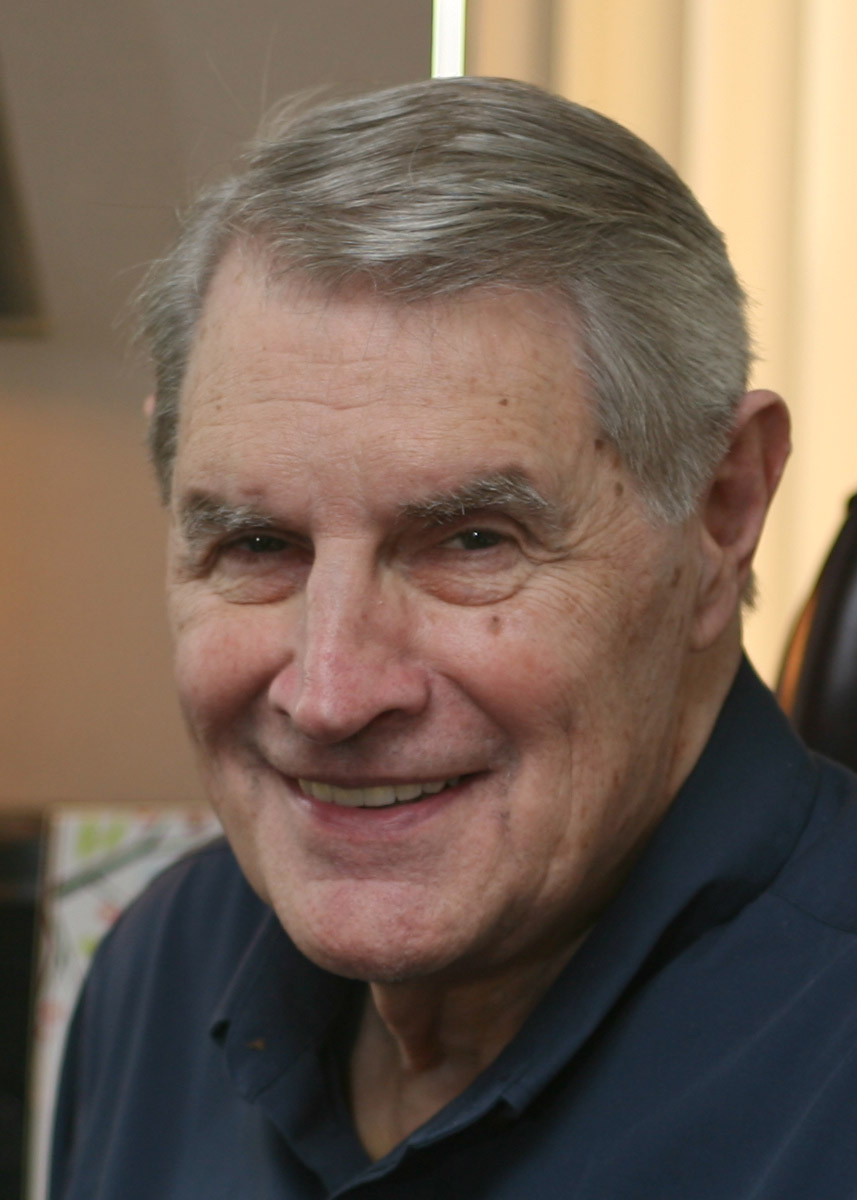 Dick Schwartz entered my life as an adjunct professor at the University of Maryland. I signed up for the six credit hour course- Cardiovascular Physiology and Pathology. From that stepping stone he was a member of our FEMA-funded, ground-breaking research tesm, conducting the first-ever study of the metabolic demands of structuiral fire suppression. We identified the aerobic and anaerobic constructs and contributions to working encumbered with SCBA and the PPE.
Dick Schwartz entered my life as an adjunct professor at the University of Maryland. I signed up for the six credit hour course- Cardiovascular Physiology and Pathology. From that stepping stone he was a member of our FEMA-funded, ground-breaking research tesm, conducting the first-ever study of the metabolic demands of structuiral fire suppression. We identified the aerobic and anaerobic constructs and contributions to working encumbered with SCBA and the PPE. Our friendship with Dick and his wife grew through life events including his marriage, his professional advancemet and later in setting up an Occupational Medicine practice in the Greater Washington, DC area.
I was honored to serve as a pallbearer and call him friend. The official obituary follows.
It is with great sadness and regrets that the physicians and staff of Cardiology Specialists of Virginia note the passing of Dr. Schwartz on December 20, 2022. Dr. Schwartz was a dedicated physician who dearly cared for his patients and loved his profession; he was our colleague and friend.
Dr. Schwartz began his private practice in the Northern Virginia area in 1974. He was the founder and medical director of a group cardiology practice in Arlington and Alexandria, VA. from 1974 to 2000. Dr. Schwartz received his medical degree from Cornell University in 1965. He served his Internship at Philadelphia General Hospital. His residency training was done in the Georgetown University Hospital program at D.C. General Hospital. Cardiology Fellowships were completed at Georgetown University Hospital and the Washington Center Hospital. He was Board Certified in Internal Medicine and Cardiovascular Disease. Dr. Schwartz held the rank of Lieutenant Commander during his military service in the U.S. Public Health Service. He was a Clinical Assistant Professor of Medicine at Georgetown University Hospital of Medicine. At the University of Maryland, he served as a consultant in cardiology, sports medicine and physical fitness. He was a Director of the Northern Virginia Institute for Continuing Education, Chairman of the Board for the Medical Society Services and Treasurer of the Medical Society of the District of Columbia. Dr. Schwartz was past Chairman of the D.C. Medical Society Committee on Physical Fitness and a charter member and past President of the Sports Medicine Association of Greater Washington. He was a frequent guest speaker and author on various healthcare and fitness topics. Active in rowing for over 30 years, Dr. Schwartz was a senior master sculler and has participated in the sport as a crew member, coach, and team physician. He was a member of national championship crews and rowed on the 1963 Pan American team.
